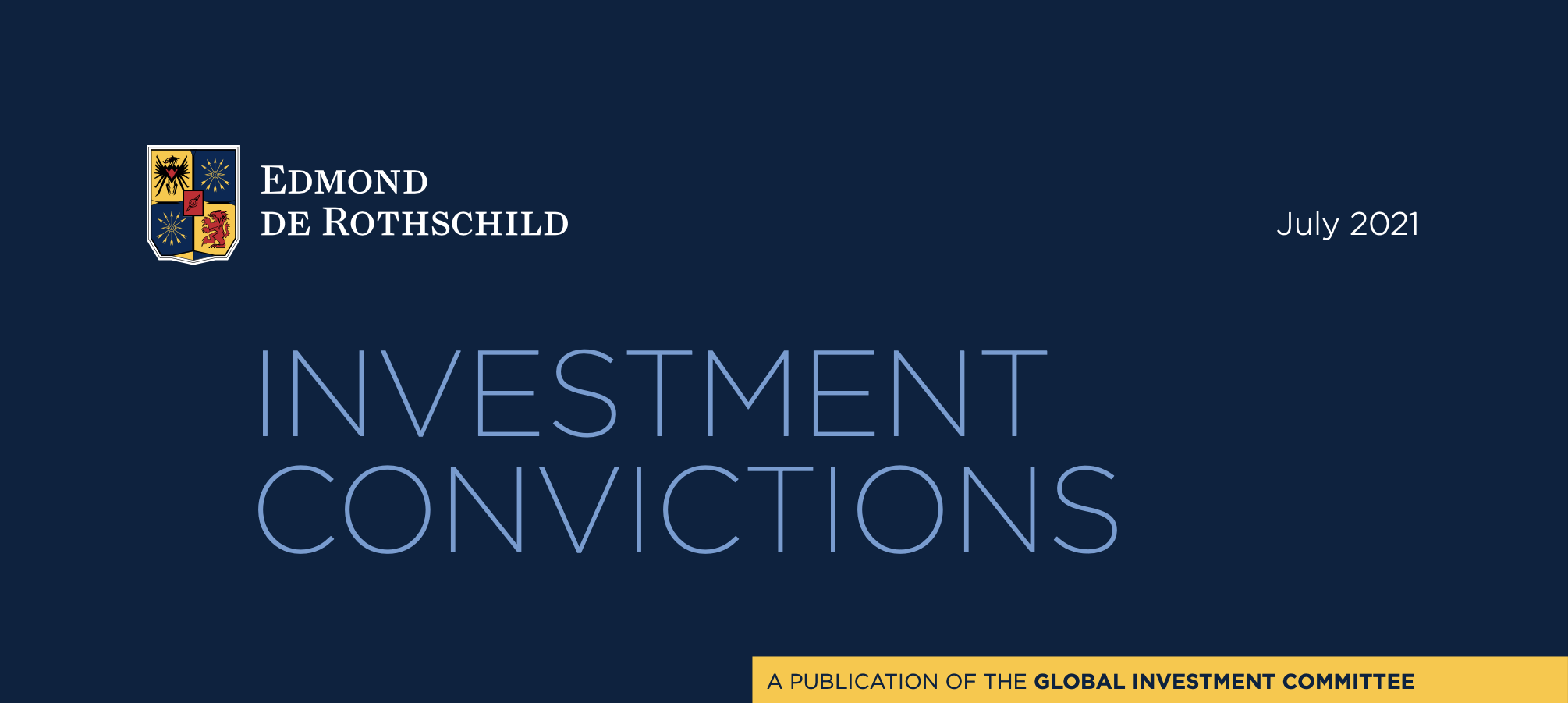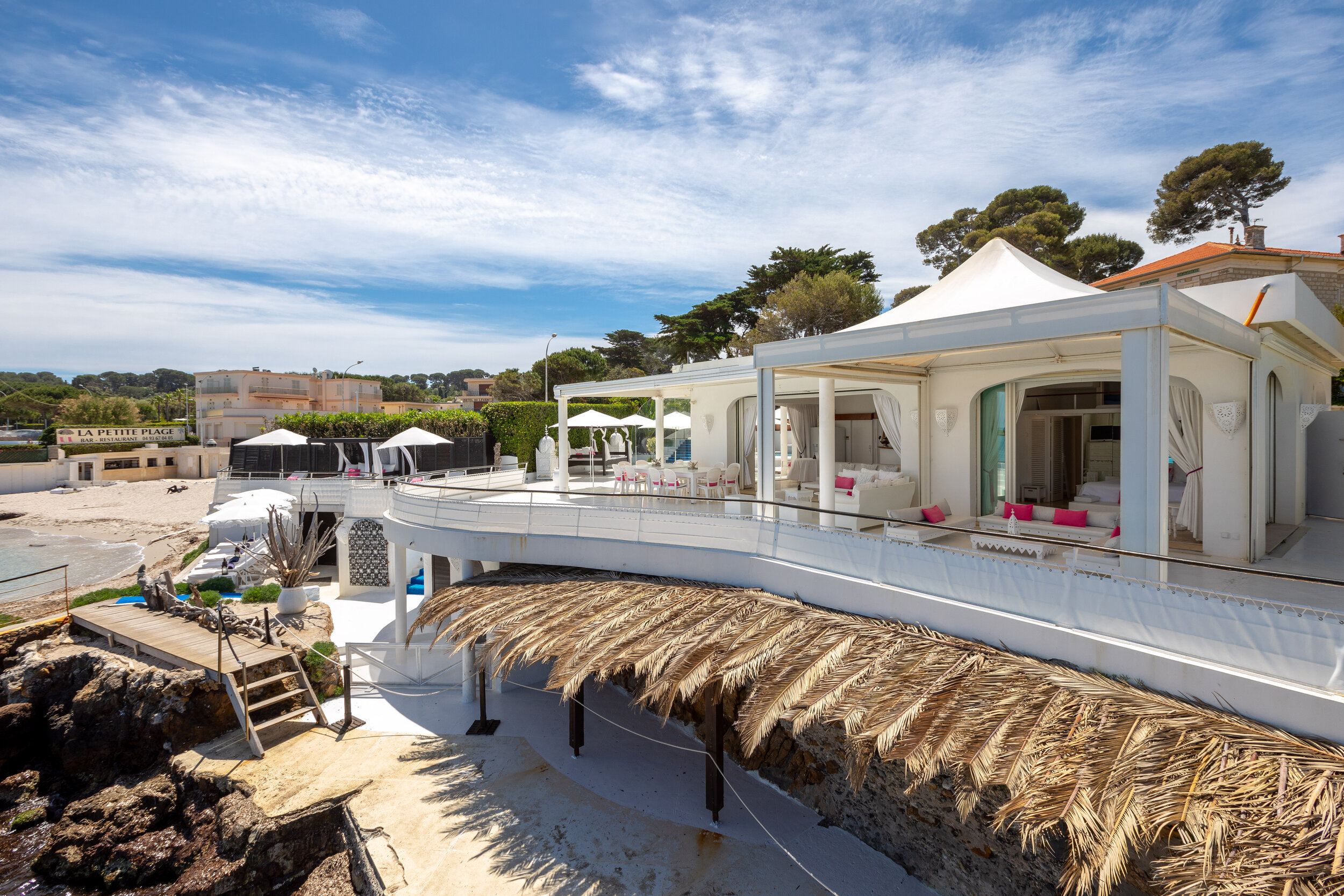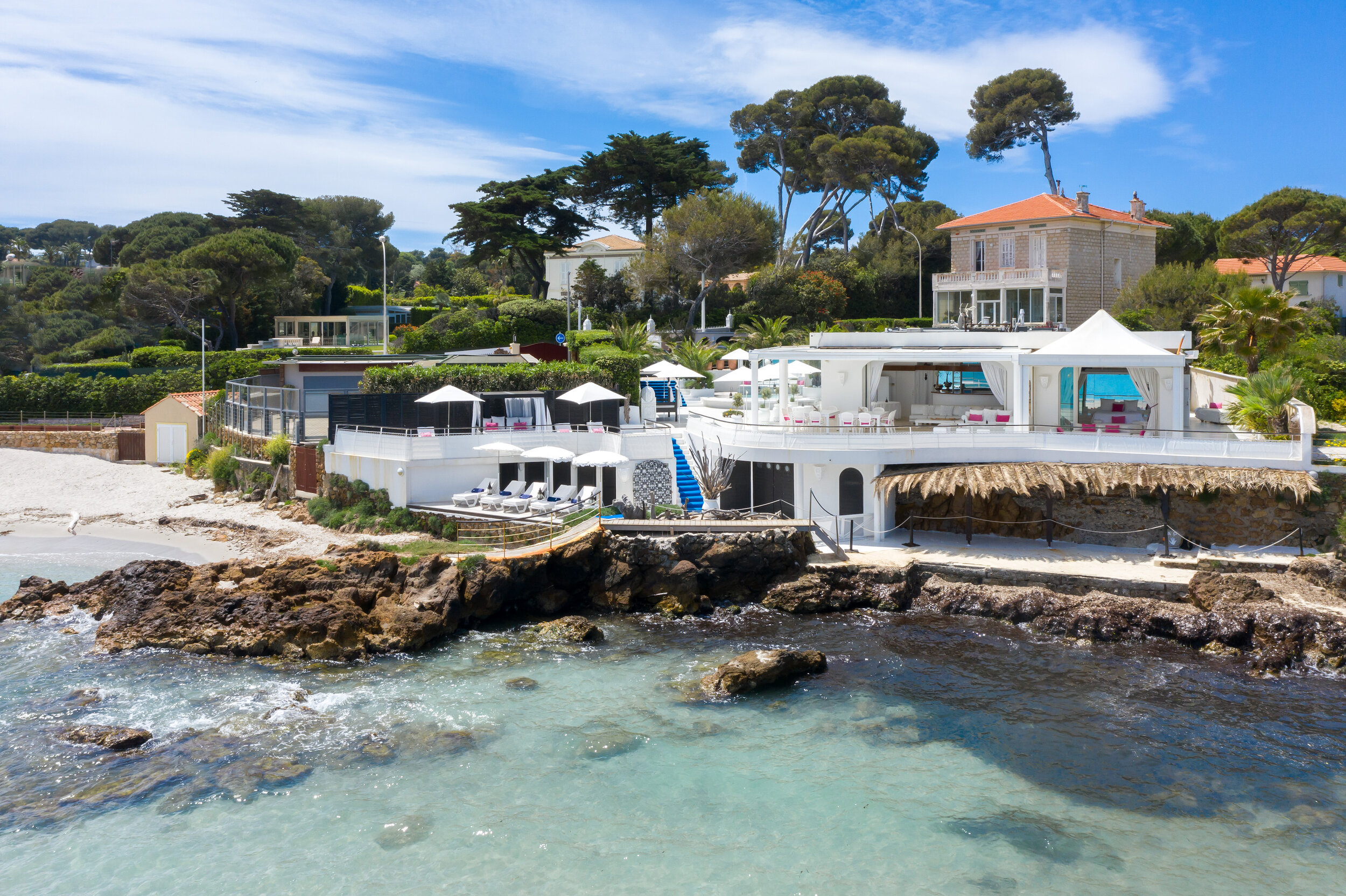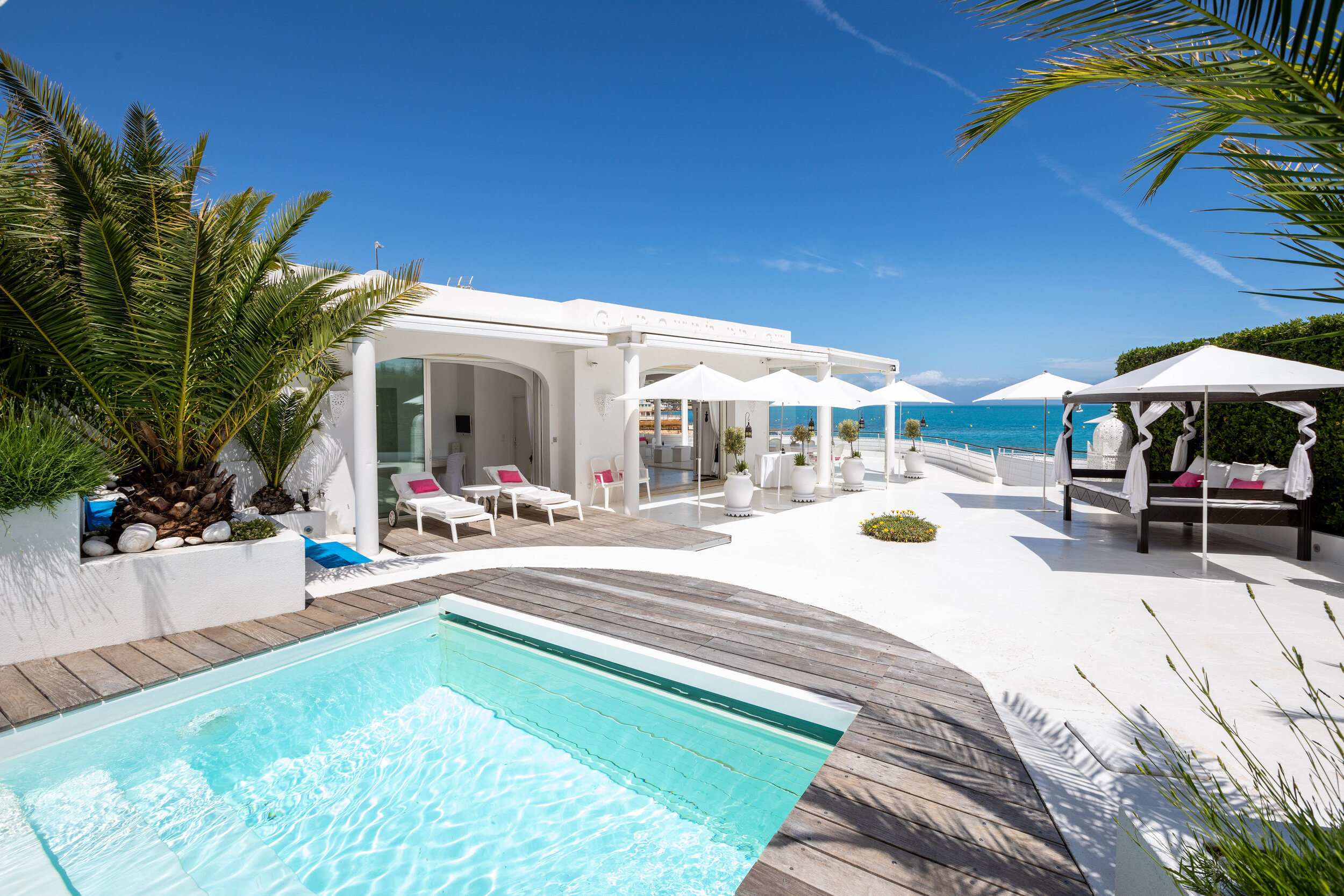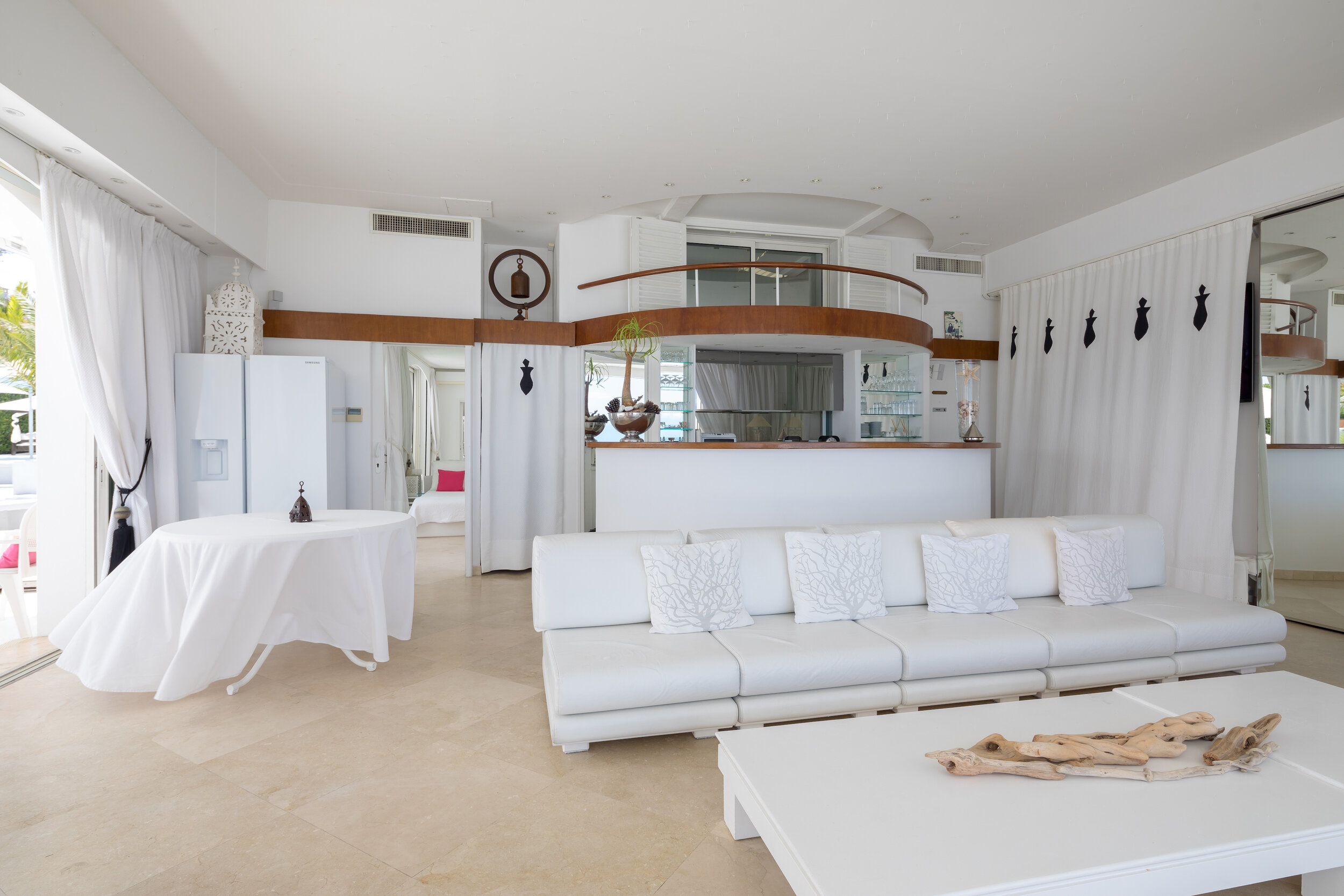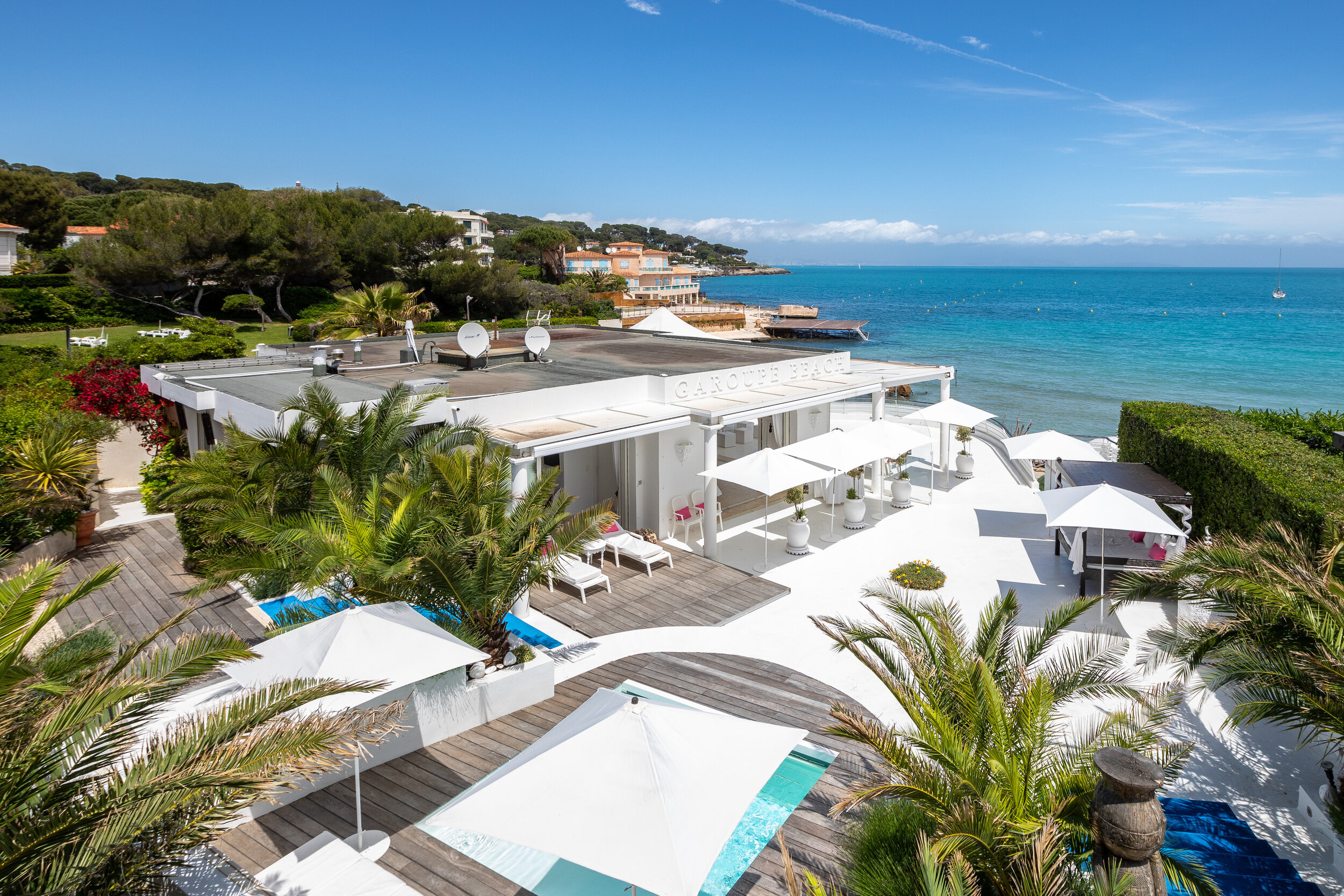What do you need to think about when it comes to creating and protecting your wealth as a French resident?
Drawing the analogy between investment planning and gardening may bring a clearer understanding of the important factors to consider, particularly when you have moved from the UK to France – not everything you have previously planted is the best for current circumstances.
Investment through the various stages of your life has seasons, as does gardening. What you successfully planted and grew in the UK may be entirely wrong for France. You have to consider your new, often very different conditions if you are to get your plants to flourish and achieve the results you are looking for. You then need to carry out regular ‘weeding’ to ensure the long-term growth of the plants you wish to develop and sustain for the future.
This is all a careful process and often involves professional guidance. A locally based adviser who understands and has years of experience dealing with the local conditions will give you the best results.
In our view, these are the key aspects that you need to address to ensure you obtain the optimum investment portfolio to suit your particular situation:
Tax and succession considerations - choosing the right tax-efficient structure
A tax-efficient structure, such as an ISA or pension plan in the UK, can keep most of your investments in one place and help you legitimately avoid paying too much tax. You want to ensure as much of your hard-earned wealth as possible is placed in the most suitable structure to limit your tax liabilities. At the same time, consider your estate planning wishes so your investment capital can be passed to your chosen heirs as easily and tax efficiently as possible.
That was perhaps easier to achieve in the UK where we are accustomed to the rules, but here in France with its complex tax and succession regimes and various reforms over the years, it is sensible to take advice from someone who is well-versed in the nuances of the French systems and how they impact your wealth.
In France, UK ISA accounts are not tax-efficient and the income and gains generated are fully taxable here as investment income – you will currently pay 30% which covers both income tax and social charges.
There are, however, compliant arrangements available in France, for example, assurance vie, that provide significant tax advantages as well as estate planning benefits. There are various assurance vie available though, so you need to choose the most suitable for your circumstances and objectives.
Establishing your risk profile and optimum portfolio
Most of us recognise that for some of our assets, exposure to market movements gives us a better chance of outperforming inflation and producing real returns over the medium to long term.
However, the starting point has to be to obtain a clear and objective assessment of your appetite for risk. These days there are some very sophisticated ways of evaluating your risk appetite, involving a combination of psychometric assessments and consideration of your investment aims and other assets. Since this is an emotional issue, you will benefit from third party professional, objective guidance here.
The key is then ensuring your investment portfolio matches your attitude to risk. Without such a sound assessment being then matched to the optimum blend of investments, you could find yourself with a portfolio that is too risky or too cautious for you.
Another important initial step in ensuring your portfolio is suitable for you is to establish your objectives. Are you looking for income, growth or a combination of the two? What is your investment time horizon? Your adviser should help you build a portfolio based on both your risk profile and objectives.
Diversify, diversify, diversify
The higher your concentration in one particular investment type or area, the greater the risk. By spreading across different asset types (such as equities, bonds, property, cash) and then across sectors, geographical regions and companies, you give your portfolio the chance to produce positive returns over time without being vulnerable to any single area or stock under-performing.
You can take diversification further by utilising a 'multi-manager' approach to spread your investments out among several carefully-selected fund managers. This reduces your reliance on any one manager making the right decisions in all market conditions.
Regular reviews
You should then review your portfolio, usually once a year. As asset values rise and fall, your portfolio can shift away from the one designed to match your risk profile and objectives. You may need to make adjustments to re-establish your weightings. With today’s challenging and changing climate, reviews are even more important to help control risk and encourage a positive effect on portfolio performance.
You also need to consider any changes in your personal circumstances, as well as to tax and succession regulations – particularly in France where the annual budgets can introduce significant tax reforms.
Your investment adviser
Choosing your adviser is another key element of successful wealth management. If you are still using a UK-based adviser there are two issues to consider.
Are your financial arrangements tailored for your life in France or are they actually better suited to a UK resident?
Brexit dissolved automatic ‘passporting’ rights for UK financial services in the EU, so unless they have made other arrangements, UK advisers, banks and financial providers may no longer able to legally service French residents. If you have UK bank accounts or investments, you may be restricted from making changes, such as moving funds or applying for new services, or they may be closed altogether.
To bring all these guidelines together, take personalised, quality advice from a regulated, locally-based adviser. With the right strategy in place for your life in France, you can help protect and grow your wealth in real terms – not only during your lifetime but for the next generations to enjoy.
This article should not be construed as providing any personalised investment or taxation advice. Summarised tax information is based upon our understanding of current laws and practices which may change. Individuals should seek personalised advice.
Blevins Franks Group is represented in France by the following companies: Blevins Franks Wealth Management Limited (BFWML) and Blevins Franks France SASU (BFF). BFWML is authorised and regulated by the Malta Financial Services Authority, registered number C 92917. Authorised to conduct investment services under the Investment Services Act and authorised to carry out insurance intermediary activities under the Insurance Distribution Act. Where advice is provided outside of Malta via the Insurance Distribution Directive or the Markets in Financial Instruments Directive II, the applicable regulatory system differs in some respects from that of Malta. BFWML also provides taxation advice; its tax advisers are fully qualified tax specialists. Blevins Franks France SASU (BFF), is registered with ORIAS, registered number 07 027 475, and authorised as ‘Conseil en Investissements Financiers’ and ‘Courtiers d’Assurance’ Category B (register can be consulted on www.orias.fr). Member of ANACOFI-CIF. BFF’s registered office: 1 rue Pablo Neruda, 33140 Villenave d’Ornon – RCS BX 498 800 465 APE 6622Z. Garantie Financière et Assurance de Responsabilité Civile Professionnelle conformes aux articles L 541-3 du Code Monétaire et Financier and L512-6 and 512-7 du Code des Assurances (assureur MMA). Blevins Franks Trustees Limited is authorised and regulated by the Malta Financial Services Authority for the administration of retirement schemes. This promotion has been approved and issued by BFWML.
You can find other financial advisory articles by visiting our website here
















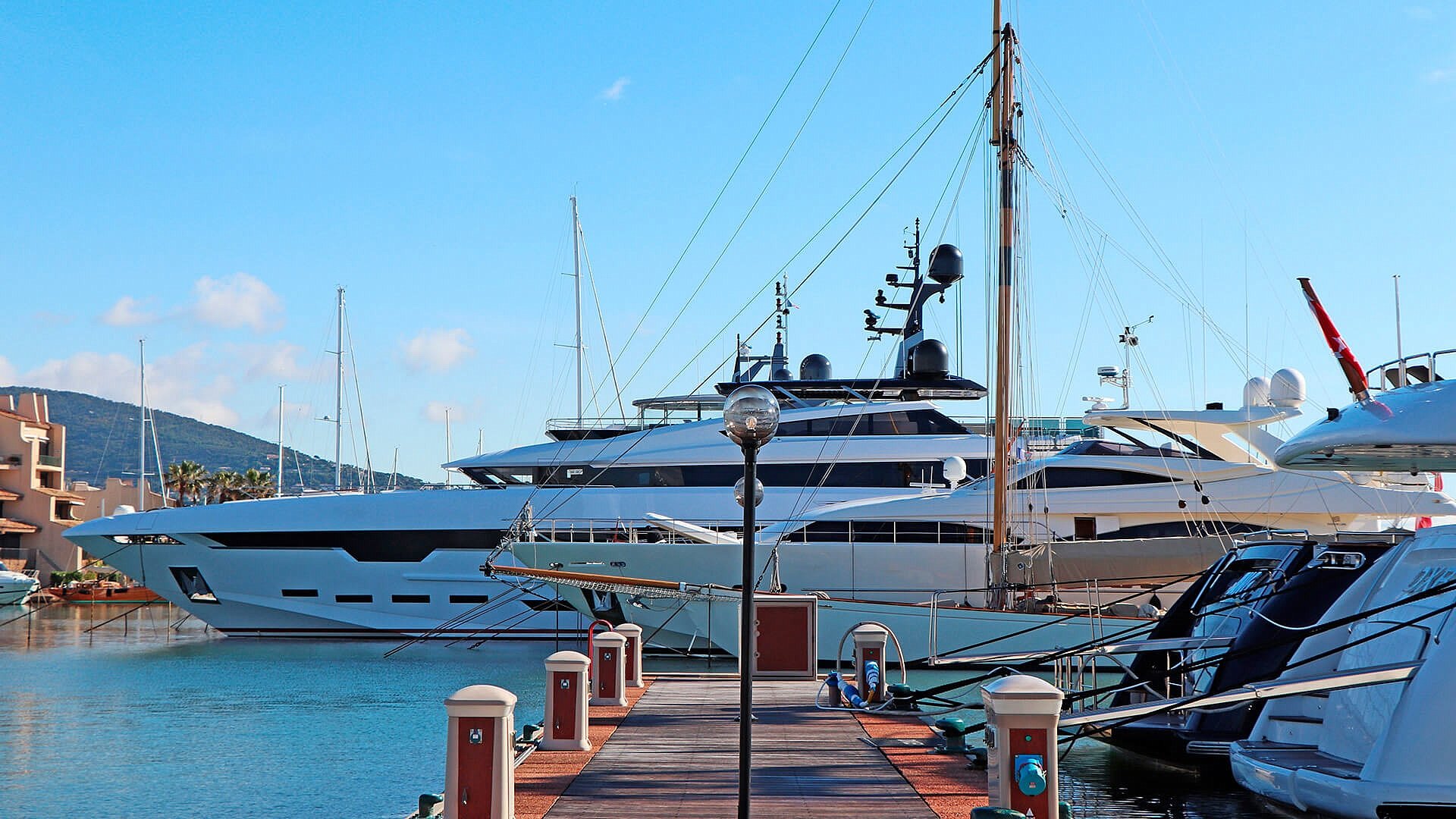
![20210604_081454[15699].jpg](https://images.squarespace-cdn.com/content/v1/5512c58de4b07319c3fed0c7/1642421166784-SMN57HOY94IGUHEH004C/20210604_081454%5B15699%5D.jpg)






